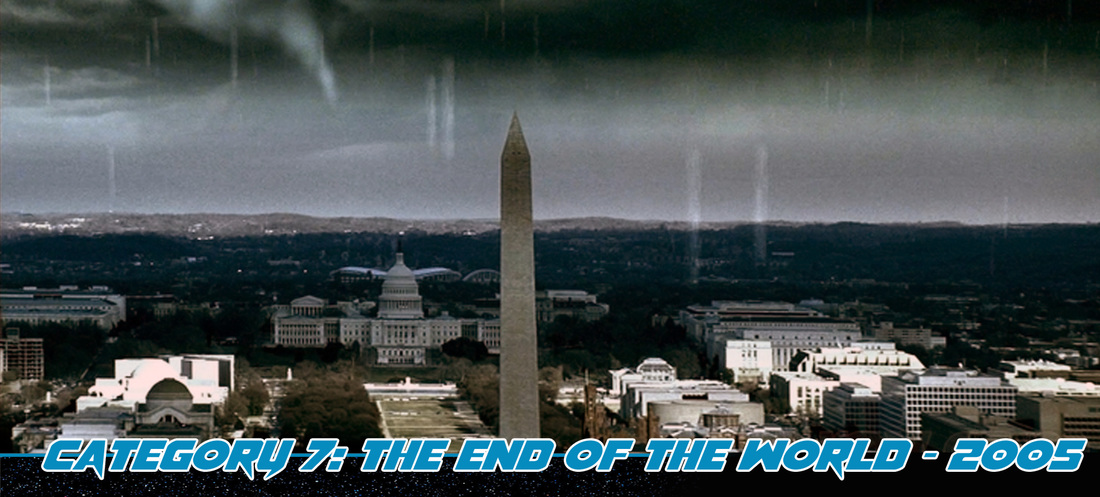

When the rapture and the "restoration of all things" (Acts 3:20-21 ) are viewed as simultaneous events (according to Romans 8:19-21 ) then it makes sense why Paul would use "shall be plundered" to match the verbiage of the distortion of the Earth described in Isaiah 24:3, "The land shall be entirely emptied and utterly plundered.". Douglas Hamp, notes that Greek scholar Spiros Zodhiates lists harpagēsometha as the first-person plural future passive indicative of the Greek stem, harpagē (har-pag-ay), “the act of plundering, plunder, spoil.” The future passive indicative of harpázō (although not used by Paul in 1 Thess. This use is also seen in such texts as Acts 8:39, 2 Corinthians 12:2–4, and Revelation 12:5. The dictionary form of this Greek verb is harpazō ( ἁρπάζω).

The Koine Greek of 1 Thessalonians 4:17 uses the verb form ἁρπαγησόμεθα ( harpagēsometha), which means "we shall be caught up" or "we shall be taken away". Rapture is derived from Middle French rapture, via the Medieval Latin raptura ("seizure, kidnapping"), which derives from the Latin raptus ("a carrying off").

Instead these groups typically interpret rapture in the sense of the elect gathering with Christ in Heaven after his second coming and reject the idea that a large segment of humanity will be left behind on earth for an extended tribulation period after the events of 1 Thessalonians 4:17.

do not generally use rapture as a specific theological term, nor do they generally subscribe to the premillennial dispensational views associated with its use. Catholics, Eastern Orthodox, Lutherans, Anglicans, Episcopalians, Presbyterians, the United Church of Christ, most Methodist and Reformed Christians, Unity Church, Latter-day Saints, etc. Most Christian denominations do not subscribe to rapture theology and have a different interpretation of the aerial gathering described in 1 Thessalonians 4. Some assert a post-tribulational rapture. Pretribulationism is the most widely held view among Christians believing in the rapture today, although this view is disputed within evangelicalism. This theory grew out of the translations of the Bible that John Nelson Darby analyzed in 1833. This view holds that the rapture would precede the seven-year Tribulation, which would culminate in Christ's second coming and be followed by a thousand-year Messianic Kingdom. Pretribulationism distinguishes the rapture from the second coming of Jesus Christ mentioned in the Gospel of Matthew, 2 Thessalonians, and Revelation. This view of eschatology is referred to as premillennial dispensationalism, which is a form of futurism.ĭiffering viewpoints exist about the exact timing of the rapture and whether Christ's return would occur in one event or two. Rapture has also been used for a mystical union with God or for eternal life in Heaven. The term is used frequently among fundamentalist theologians in the United States. The idea of a rapture as it is currently defined is not found in historic Christianity, and is a relatively recent doctrine. The rapture is an eschatological position held by some Christians, particularly those of American evangelicalism, consisting of an end-time event when all Christian believers who are alive, along with resurrected believers, will rise "in the clouds, to meet the Lord in the air." The origin of the term extends from Paul the Apostle's First Epistle to the Thessalonians in the Bible, in which he uses the Greek word harpazo ( Ancient Greek: ἁρπάζω), meaning "to snatch away" or "to seize," and explains that believers in Jesus Christ would be snatched away from earth into the air.


 0 kommentar(er)
0 kommentar(er)
